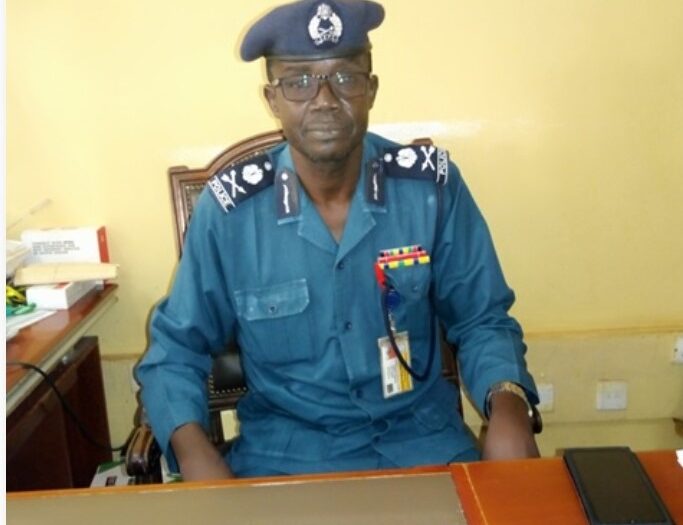The police and the leadership of Upper Nile State has pledged to restore security to guarantee the return of IDPs home.
The national police spokesperson, Maj Gen. Daniel Justin, said the Inspector General of Police pledged to give the officers the support they needed to create an enabling environment for IDPs to return home.
“They discussed the security situation in the state, including strengthening the South Sudan national state police because the civilian population is armed,” he said.
He added that the police officers will need to be given “vehicles and arms” to up their security patrols and ensure that displaced persons resettle.
He said the presence of weapons in the hands of civilians was one of the factors contributing to the state’s insecurity, necessitating the plan to disarm the civilian population.
“If the arms are now collected from the civilians, then peace will prevail as a result, and IDPs may have that confidence to go back to their villages without any problem,” he noted.
Last month, the Troika countries raised concerns about the potential for a new conflict in Upper Nile State.
They alleged that the Agwelek forces, led by Gen. Johnson Olony, were mobilising to launch a new attack—an allegation that was denied by the group.
They called on the government to hold individuals accountable for earlier inter-regional clashes, including the most recent incidents in the Upper Nile, Jonglei, and the Greater Pibor Administrative Area, as well as those who have perpetrated crimes against humanity such as kidnapping and human trafficking.
The police spokesperson said the state administration ought to be present to monitor the actions of armed groups and engage in conversation to settle any problems peacefully.
Since August 2020, Upper Nile State has been experiencing hostilities and conflict between armed factions, which led to the displacement of thousands of residents.
As of December 2022, an estimated 20,000 people had been forced to leave their homes, and some of them have had to flee up to four times, according to the UN agency for refugees.










